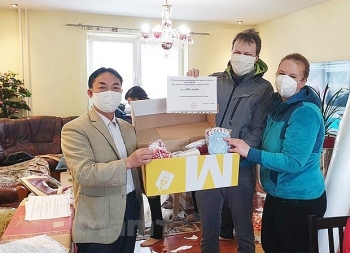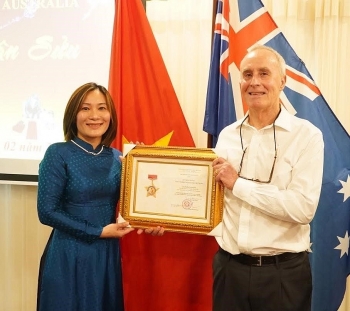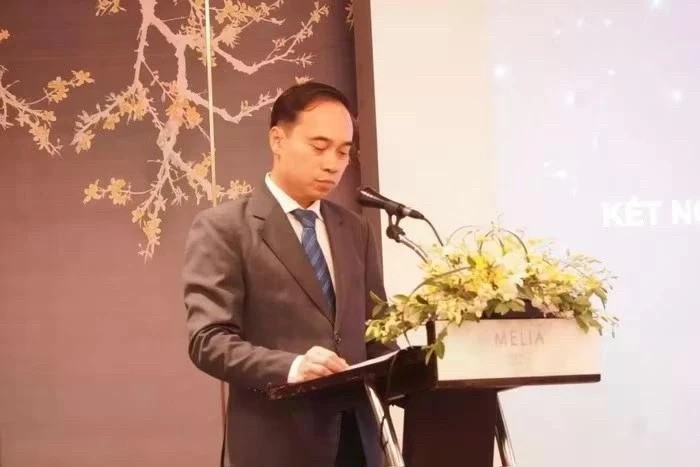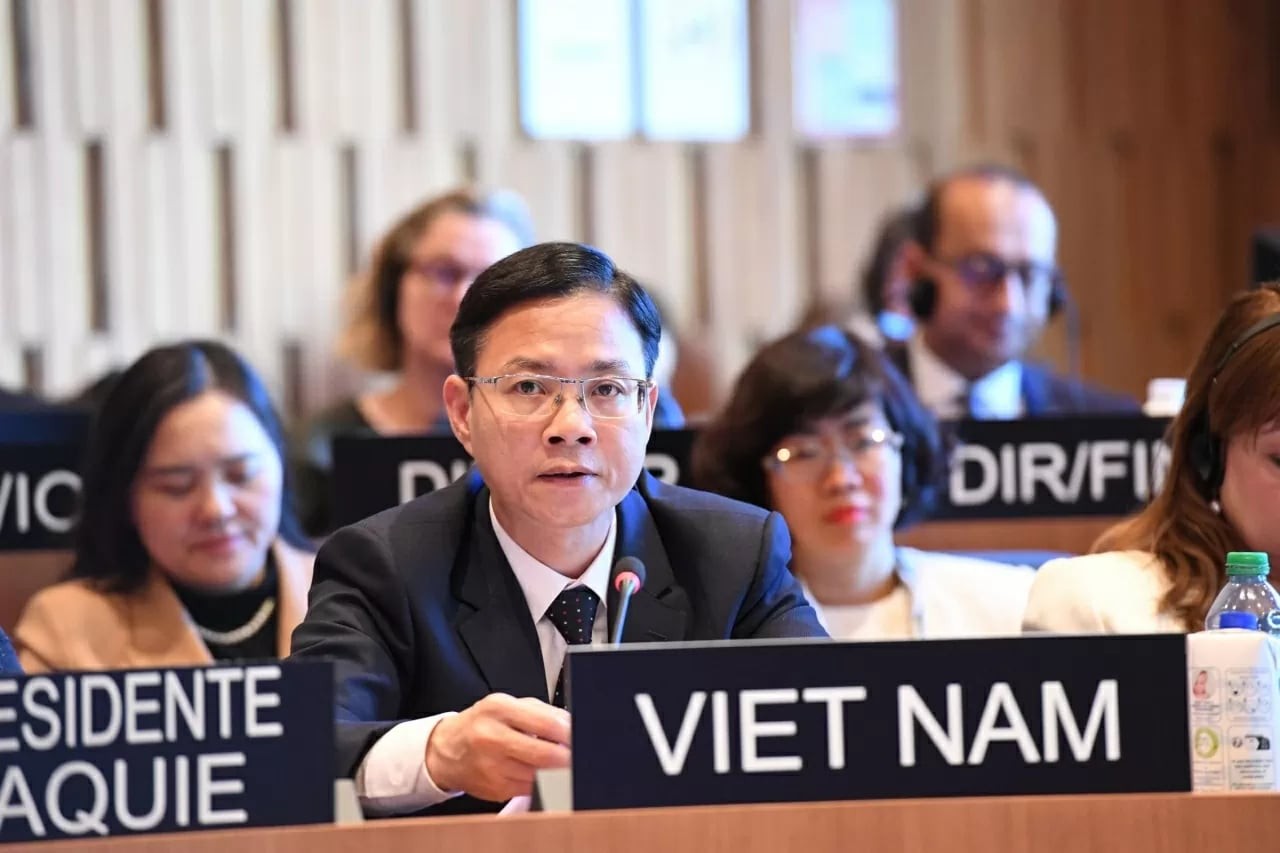Focusing on education of Vietnamese and Russian languages in both countries
| Vietnam sends masks, sanitisers to OVs in Malaysia | |
| Czech Health Minister sends Tet wishes to Vietnamese community | |
| Friendship medal presented to Australian diplomat |
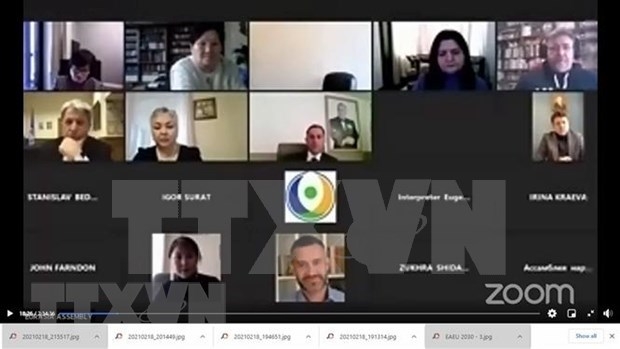 |
| Expert at the round table on “Topical Issues of Preserving Linguistic Diversity” is held by the International Union of Non-Governmental Organisations “The Eurasian People’s Assembly” to mark International Mother Language Day. Photo: VNA |
According to VNA, the virtual event was organised on February 19 by the International Union of Non-Governmental Organisations “The Eurasian People’s Assembly” under the auspices of the Commission of the Russian Federation for the United Nations Educational, Scientific and Cultural Organisation (UNESCO).
It gathered member states of the Commonwealth of Independent States (SNG) and countries from other parts of the world.
The aim of the round table was to find ways to expand the linguistic and intercultural communications of peoples, to promote multilingualism in the interests of Eurasian integration.
Its discussion focused on a number of issues, for example, the role of the native language as a carrier of culture, traditions and history of each nation; increasing interest in languages and stimulating the study of native languages; the role of education in the preservation and development of the languages of the people of Eurasia; creation of an accessible communicative language environment in the context of Eurasian integration; and the role of public associations in the preservation and development of the languages of the people of Eurasia.
At the event, To Thi Tuyet Khanh, a representative of the Banking Academy of Vietnam in Russia and advisor to the union’s first vice secretary-general, delivered a report focusing on education of Vietnamese and Russian languages in both countries.
Vietnam and Russia have boasted a long-standing cooperation in education and training, particularly in linguistics, which has produced good results, she said.
Hundreds of thousands of Vietnamese students have pursued education in Russia and with their acquired knowledge, they have made contributions to the national construction and development in Vietnam and strengthening the bilateral relations, Khanh noted.
She voiced her hope that the Vietnamese will be taught in Russia’s schools and universities as a foreign language, especially for Vietnamese children born in Russia.
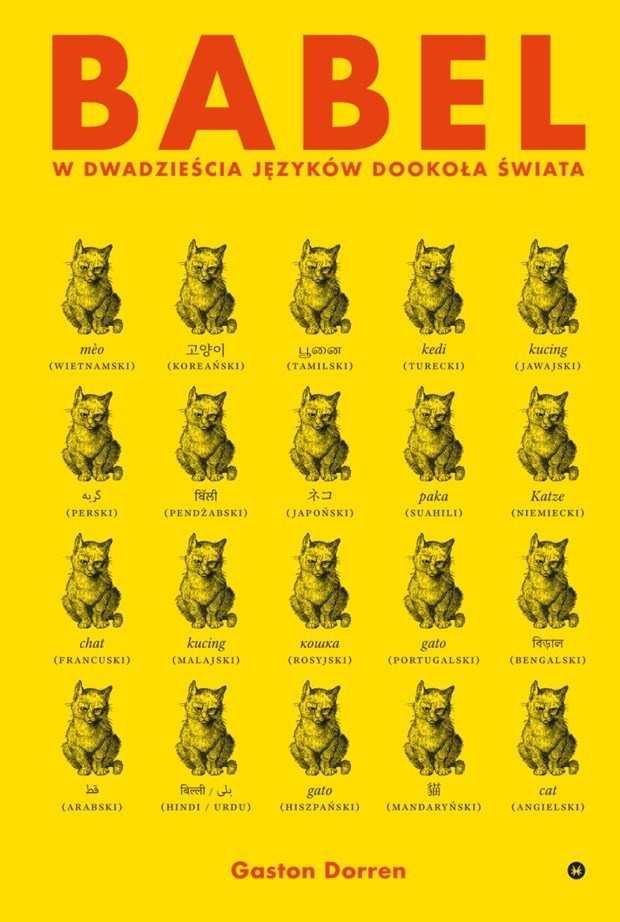 |
| A version of the book "Babel: Around the world in 20 languages", the work of author Gaston Dorren, a Dutch linguist. Photo: monitorkulturalny.pl |
| There's about 6,000 different tongues in the world today. Vietnamese is the language of more than 95 million speakers. It has six tones, which change the meaning of a word completely, nine diacritics and multiple pronouns reflecting gender and degrees of respect: “Vietnamese text consists of deeply alien, impenetrable gatherings of one to six letters, which have to be learnt by rote,” Gaston Dorren, a Dutch linguist and author of book 'Babel: Around the world in 20 languages', told The Guardian. With no less than 9 different diacritics (á, à, à, ã, â, ă, đ, ô and ơ), Vietnamese is a language for people with delicate eyes. These diacritics are essential to ensure correct pronunciation, but they also burden people’s memory. Verb conjugation, the challenge of most languages in Europe seems nothing compared to Vietnamese." Through the book, the author also expressed concern about the loss of many languages, leading to the loss of heritage elements and traditions of nations. From preliminary statistics, it can be confirmed that at least 75% of the people living on this planet can communicate in one of the twenty languages described in the book. The popularity of major languages is causing the decline of hundreds, even thousands, of smaller languages. This is a tragedy, when on every continent, the indigenous language is no longer used. It means the eradication of valuable knowledge encoded in words. |
 | Vietnamese included in languages used by Tokyo coronavirus support centre The Tokyo metropolitan government has set up a phone consultation centre to provide information about the coronavirus and related issues in 14 languages, including Vietnamese. |
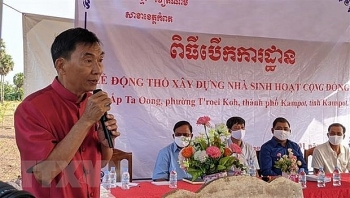 | Ground-breaking ceremony for communal house for Vietnamese-Cambodians The Consulate General of Vietnam in Preah Sihanouk province and authorities in Kampot city raised about USD 250,000 to support the construction of the communal ... |
 | Contest promotes mother tongue teaching and learning for overseas Vietnamese The Ministry of Education and Training and the Ministry of Foreign Affairs launched a contest on compiling Vietnamese-language books and documents for overseas Vietnamese, at ... |
Recommended
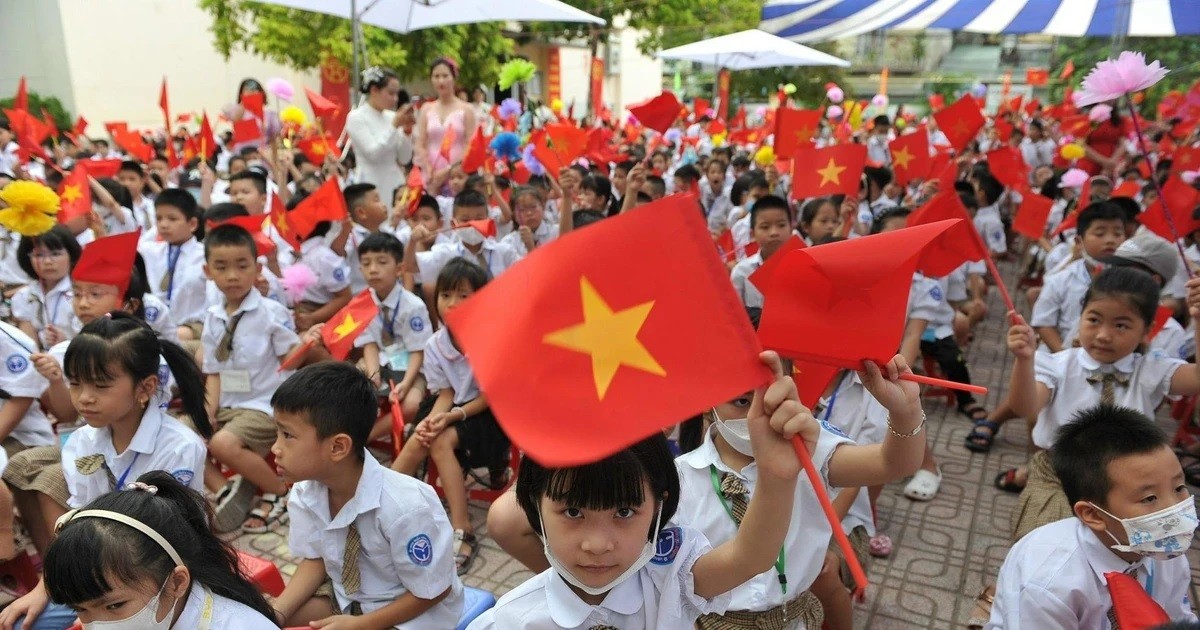 Viet's Home
Viet's Home
Vietnam's Human Development Index Remains High
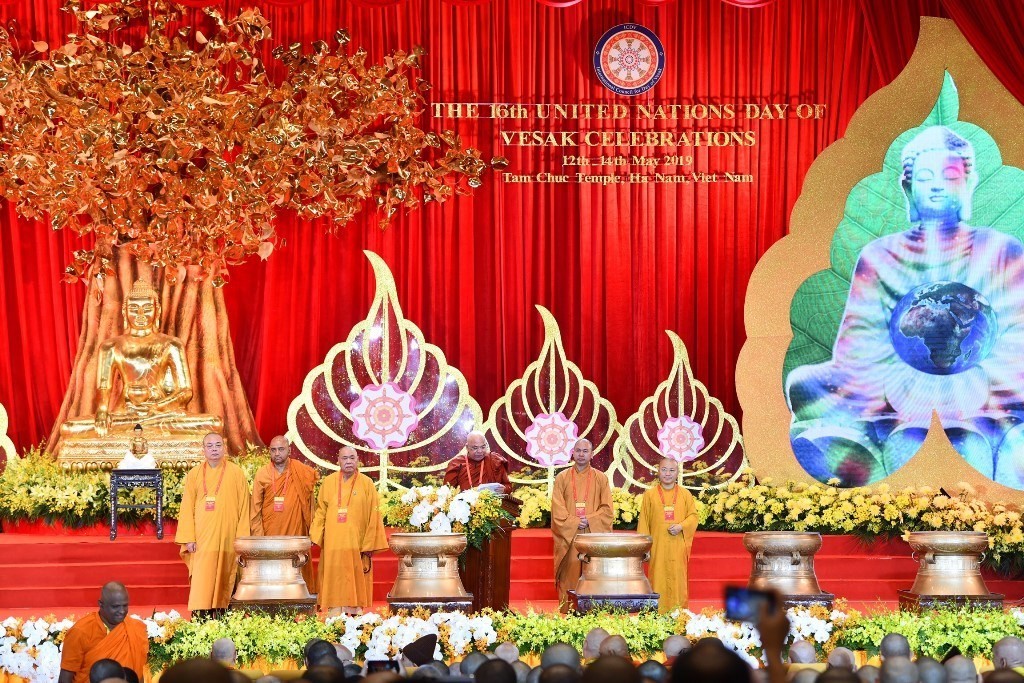 Viet's Home
Viet's Home
Vietnam’s Mark on UN Day of Vesak Celebrations
 Viet's Home
Viet's Home
Art Program Spreads Message of Peace Worldwide
 Expats in Vietnam
Expats in Vietnam
Look Forward to New Developments in Vietnam - US Relations
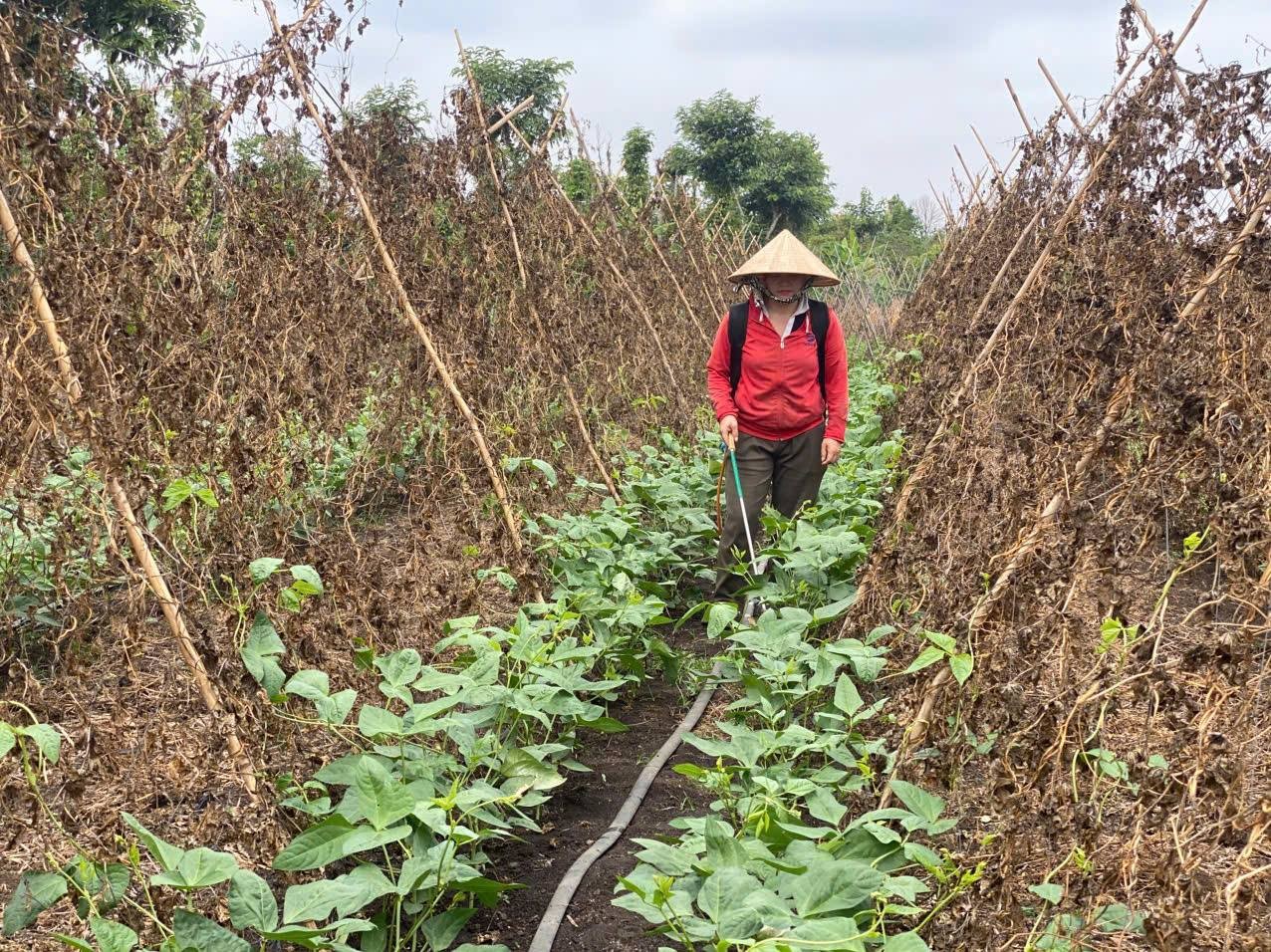 Viet's Home
Viet's Home
She Feeds the World: 8,000 Individuals Adopt More Sustainable Agricultural Practices
 Viet's Home
Viet's Home
Over 200 Valuable Documents Displayed at 'Mountains and Rivers Connected One Strip' Exhibition
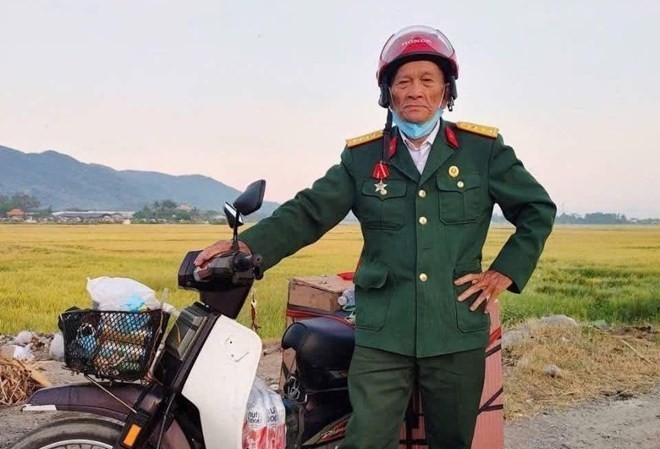 Viet's Home
Viet's Home
Latin American News Agency Prensa Latina Shares Story of Vietnamese Veteran’s 1,200km Journey Back to Former Battlefield
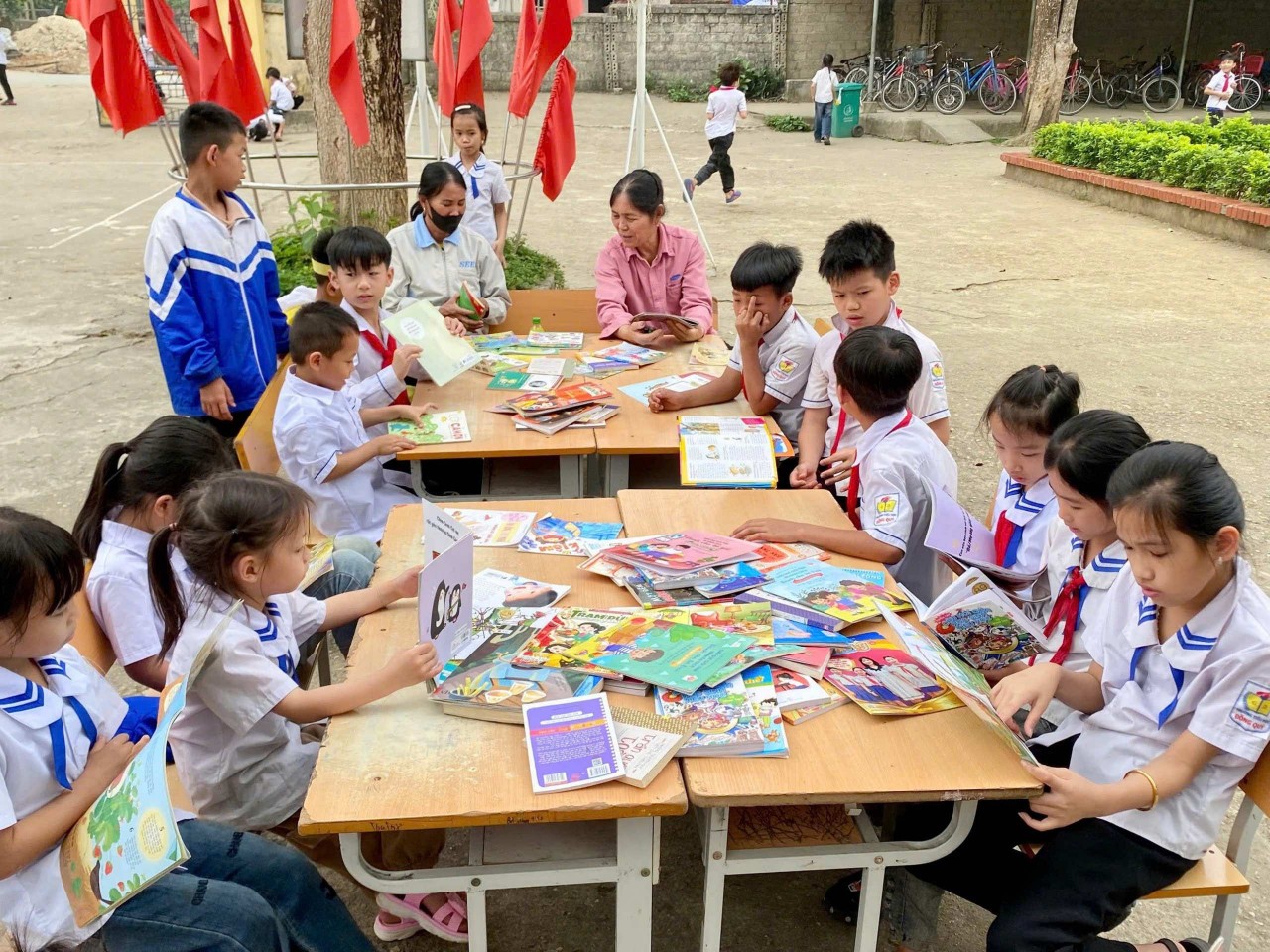 Viet's Home
Viet's Home


